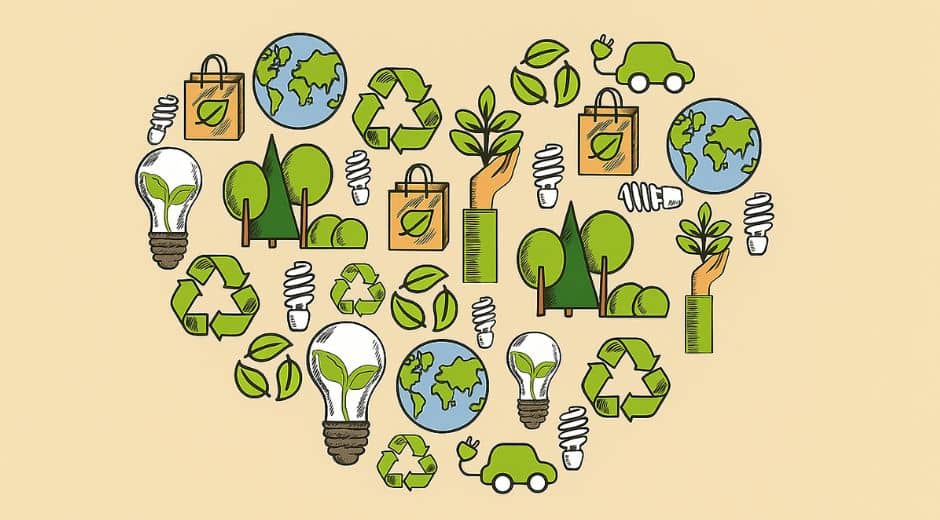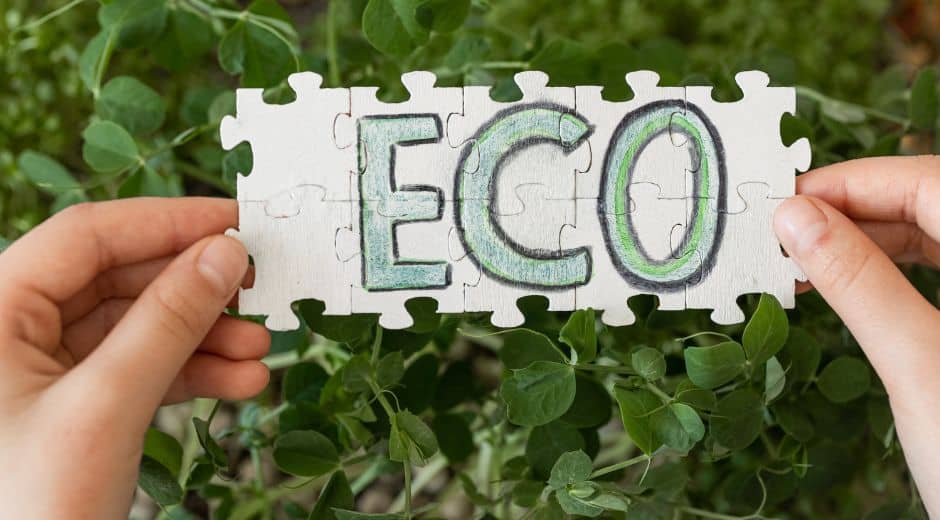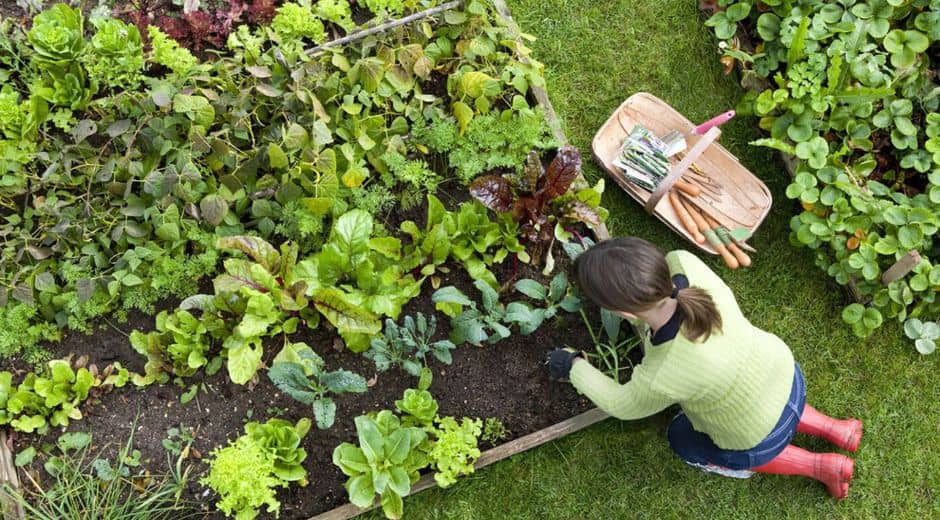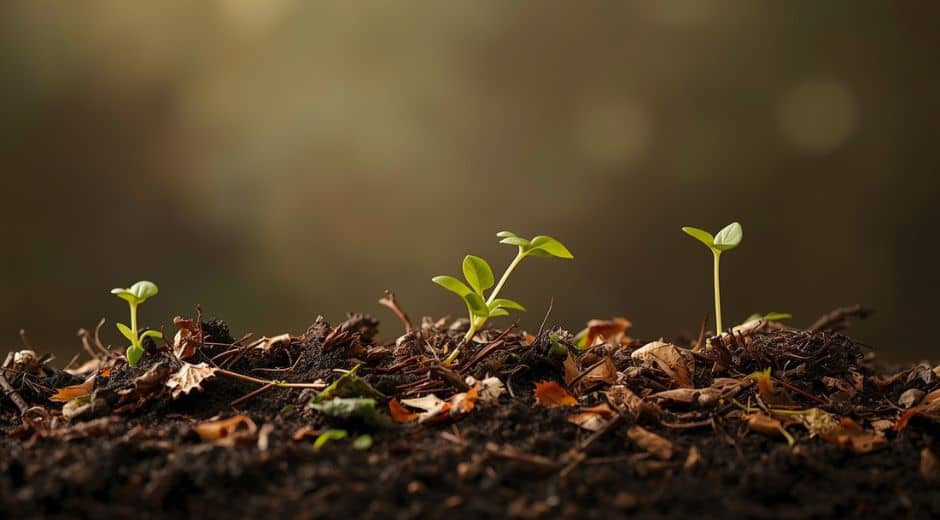8 Easy Sustainability Swaps for a Greener Lifestyle
8 Easy Sustainability Swaps for a Greener Lifestyle
Living sustainably doesn’t have to be complicated or overwhelming. Small, daily changes can create a massive positive impact on the planet while improving your own health, comfort, and quality of life. By adopting these sustainability swaps, you can reduce waste, conserve resources, save energy, and protect natural ecosystems that countless species rely on for survival. Every single small effort contributes to a much larger global movement toward a cleaner, healthier environment that benefits both people and wildlife over the long term.
For more inspiration on protecting wildlife, forests, and ocean habitats, visit WWF to explore how global conservation initiatives are making measurable impacts on nature and communities worldwide.
1. Switch to Reusable Bags
Plastic bags are one of the largest contributors to environmental pollution worldwide. Swapping disposable bags for reusable ones is a simple sustainability choice that significantly reduces plastic waste, protects oceans, and prevents animals from ingesting harmful plastics.
Tip: Keep a few reusable bags in your car, backpack, or workplace bag so you never forget them. This small habit ensures you always have eco-friendly options while shopping, and it encourages others to follow your example.
2. Use Energy-Efficient Lighting
Traditional incandescent bulbs consume far more electricity and have much shorter lifespans than LED or CFL alternatives. Switching to energy-efficient lighting is a straightforward but powerful sustainability swap for any home, workplace, or community space.
Tip: Replace bulbs in high-use areas first, such as kitchens, living rooms, or offices. You’ll see a noticeable reduction in energy bills, lower carbon emissions, and longer-lasting lighting that benefits both your wallet and the environment.
3. Choose Refillable Water Bottles
Single-use plastic bottles are a major source of environmental pollution, harming oceans, wildlife, and ecosystems. Switching to a refillable water bottle is an easy step toward greater sustainability in your daily life while promoting eco-consciousness.
Tip: Carry a stainless steel or BPA-free bottle and refill it whenever possible. This habit reduces plastic waste, saves money over time, and encourages responsible water consumption habits, making it easier for others to adopt similar green practices.
4. Buy Local and Seasonal Produce
Transporting food long distances contributes heavily to carbon emissions and depletes natural resources. Choosing local, seasonal produce supports farmers, strengthens communities, and enhances sustainability in food systems while reducing your environmental footprint.
Tip: Visit farmers’ markets or join a community-supported agriculture (CSA) program to get fresh, nutrient-rich ingredients. This practice reduces food miles, supports local economies, and encourages biodiversity in agricultural areas, benefiting both people and the planet.
5. Switch to Eco-Friendly Cleaning Products
Many household cleaners contain harsh chemicals that pollute waterways, harm wildlife, and damage ecosystems. Choosing eco-friendly alternatives is a simple sustainability swap that improves home safety and protects natural resources for future generations.
Tip: Look for biodegradable ingredients, minimal packaging, and cruelty-free certifications. You can also make DIY cleaners using vinegar, baking soda, and essential oils. Small changes in cleaning habits can significantly reduce toxic runoff and support green practices.
6. Reduce Meat Consumption
Eating less meat lowers greenhouse gas emissions, reduces deforestation for livestock, and promotes sustainability worldwide. Even small reductions in meat consumption can make a meaningful impact on climate change, water usage, and global food systems.
Tip: Try “Meatless Mondays” or substitute one meal a day with plant-based proteins such as beans, lentils, tofu, or tempeh. This promotes eco-consciousness, encourages dietary diversity, and contributes to healthier ecosystems while inspiring friends and family to follow suit.
7. Opt for Public Transport or Cycling
Cars and motorcycles are major sources of carbon emissions and air pollution. Switching to public transport, walking, or cycling is a simple but impactful sustainability swap that benefits both the planet and personal health.
Tip: Combine trips, use buses or trains for daily commutes, or enjoy biking for short distances. This not only reduces emissions but improves cardiovascular health, lowers transport costs, and demonstrates responsible green practices to your community.
8. Reduce, Reuse, Recycle
The classic mantra “Reduce, Reuse, Recycle” remains one of the most effective sustainability habits for conserving resources and protecting ecosystems. Thoughtful management of waste reduces landfill use, energy consumption, and environmental damage.
Tip: Start with one category—plastics, paper, or electronics—and gradually expand. Moviefil has highlighted innovative approaches for incorporating these practices into daily life. Every item saved from landfills contributes to healthier ecosystems, promotes eco-consciousness, and encourages wider adoption of green practices.
Final Thought
Implementing these 8 easy sustainability swaps can dramatically improve your environmental impact while encouraging friends, family, and neighbors to follow your example. Small changes, when multiplied across millions of people, can transform our planet for the better. For more practical eco-tips, lifestyle swaps, and inspiring conservation stories, explore BionatureVista and join the movement toward a cleaner, healthier world that thrives for generations to come.
Nature Inspires Every Step

Canopy Stratification and the Hidden Layers of Forest Life
Canopy Stratification and the Hidden Layers of Forest Life

Understanding Natural Systems And Their Interconnections
Understanding Natural Systems And Their Interconnections













